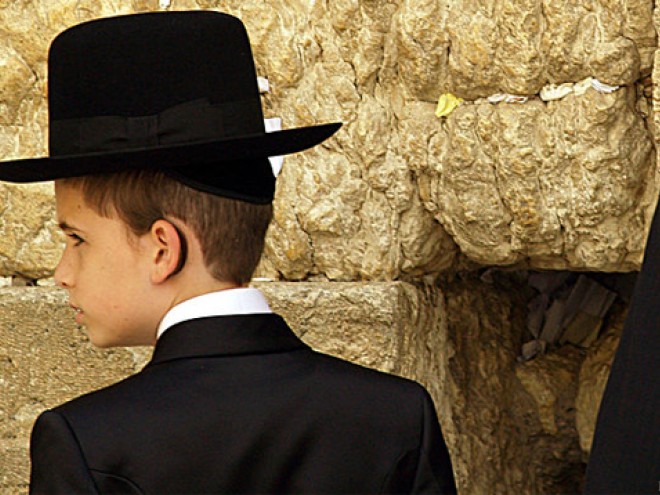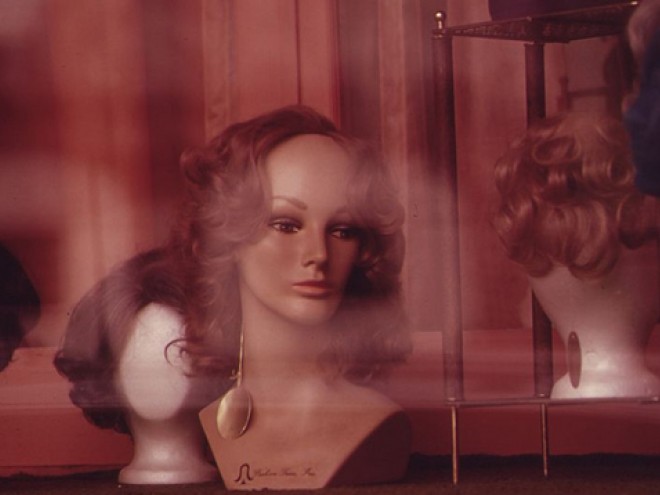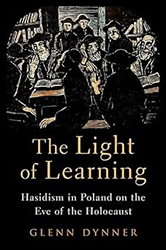Several memoirs detailing desperate escapes from Hasidic life have been published in the last year: Shulem Deen’s page-turner depicts his experiences as an irreverent Skver Hasid; Leah Vincent’s words jump off the page as she recounts her downward spiral following her eviction from the yeshivish community; Deborah Feldman describes her isolated life, and her growing doubts, as a Satmar Hasid. But Leah Lax’s memoir Uncovered: How I left Hasidic Life and Finally Came Home has managed to stand out from the crowd with some major differences. To begin with, her Hasidic association was with Chabad Lubavitch. Secondly, Lax has lived her entire life in Texas, while her colleagues memoirs have focused mostly on the New York area. Thirdly, Lax was not raised religious. This is one of her ongoing struggles throughout the book: in Lax’s mind, the people who were raised with religion are the haves and her life is one big have-not.
Lax begins her tale with her wedding day. From the start, she introduces an ongoing issue: the clashing of her old life as Lisa with her non-observant family, with her new life as Leah with her groom, Levi, and the rabbi that they devoutly follow. Leah is convinced that her sole goal in life is to marry and have children and to spend her life as a passionate, Lubavitch woman. The only problem is that her true passion is elsewhere. Beneath her hair covering, her long skirts and tights, Leah desires to be with Ana, her childhood friend and unacknowledged love interest.
As a dutiful wife should, Lax hides this sinful desire and remains in a loveless, almost mechanical, marriage, hoping to find meaning in her existence. As she struggles through her family’s mental illnesses and her husband’s cold demeanor, she fights against motherhood. Eventually, her loneliness changes her mind, but as much as her children become a source of comfort, they also become a heavy load she must bear alone. Her monotonous life requires caring for their every need but never for her own. She starts to slowly realize that she is no longer a believer and that she feels increasingly trapped: in her marriage, in her religion, even in her own skin. She must find a way out.
Lax’s writing impresses with the vivid descriptions of her deepest emotions. In one scene, she is in labor and her husband decides to stop at the bakery he works at before they go to the hospital. He believes it is his religious obligation to turn the oven on so that the challahs can be deemed “baked by a Jew.” Not one to argue with religious obligation, Leah patiently waits in the car. As her body begins to rebel she has a bleak thought: “Endure. But every day I endure: loneliness and embarrassing erotic dreams that wake me in the night, a muted cello song, muffled memories like muffled voices trying to push me off my stubborn path for God. What should be different now?” What can be different?
Lax finally learns that she has the power to change her destiny, regardless of who it may hurt along the way. Her life devoted to God, her husband, and her children is finally her own. It takes many years for her to come to this realization, but when she does recognize that her life doesn’t have to be so spiritless, suddenly she can soar.





